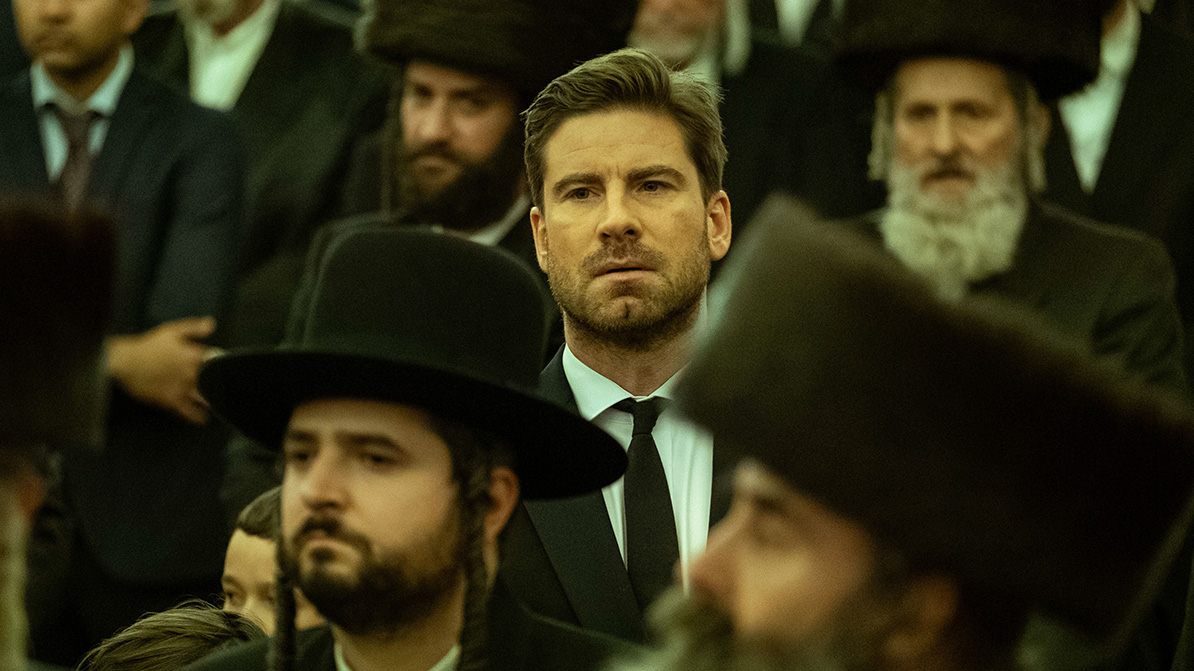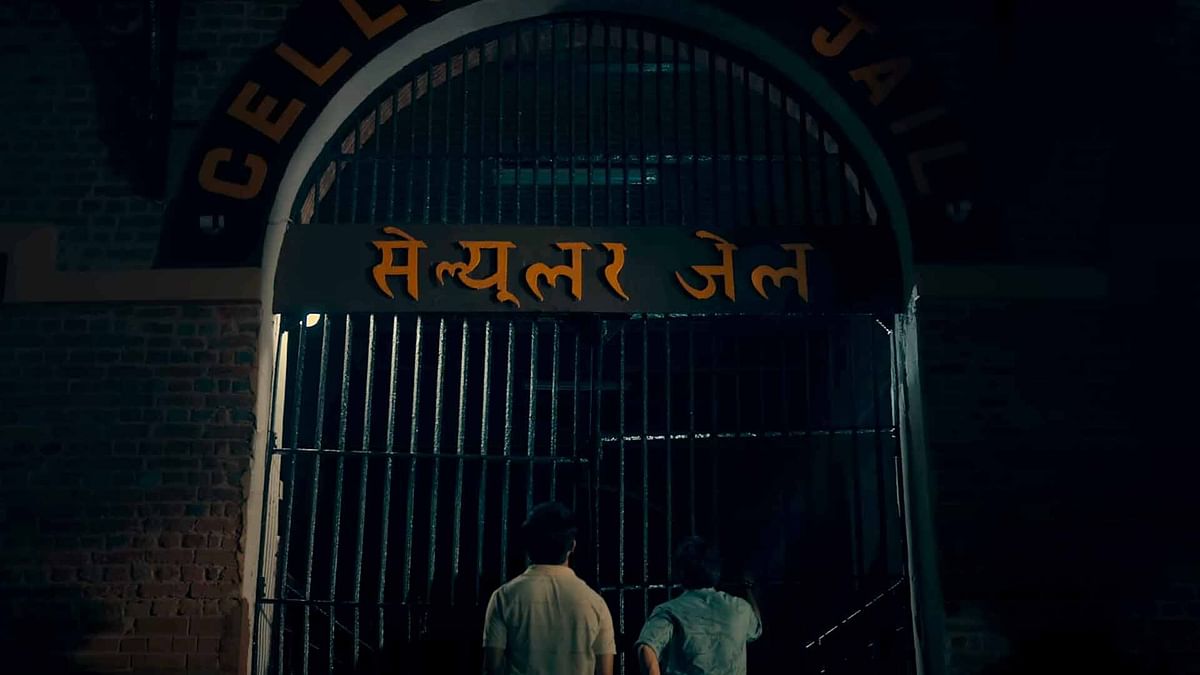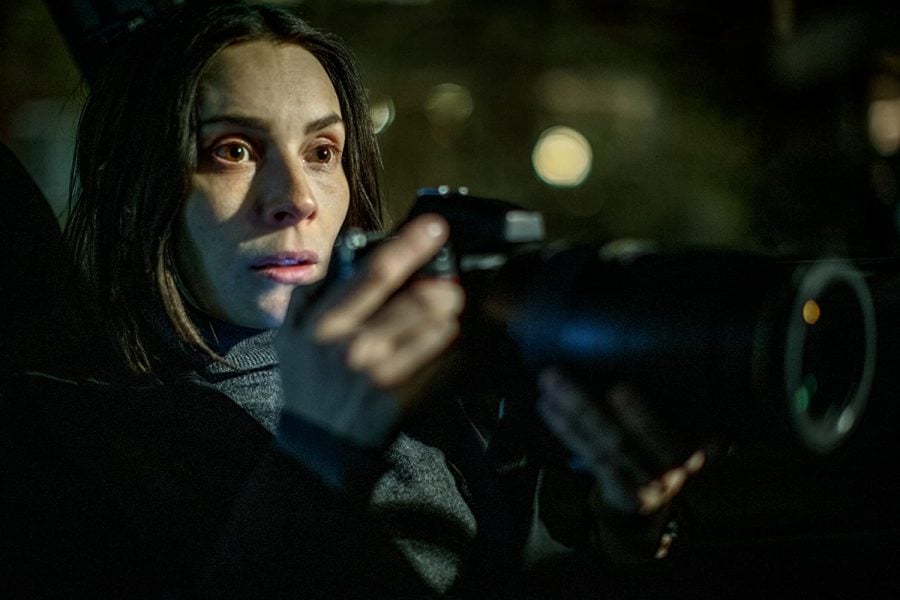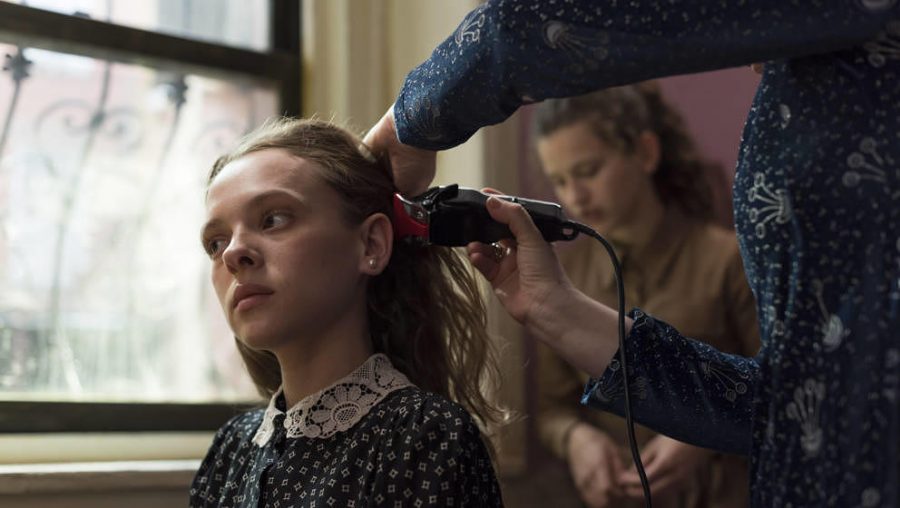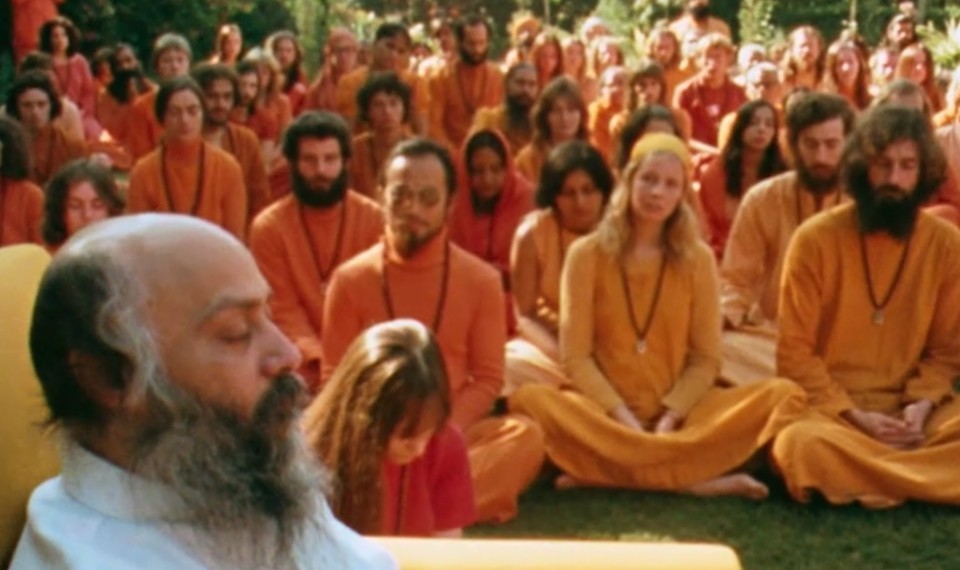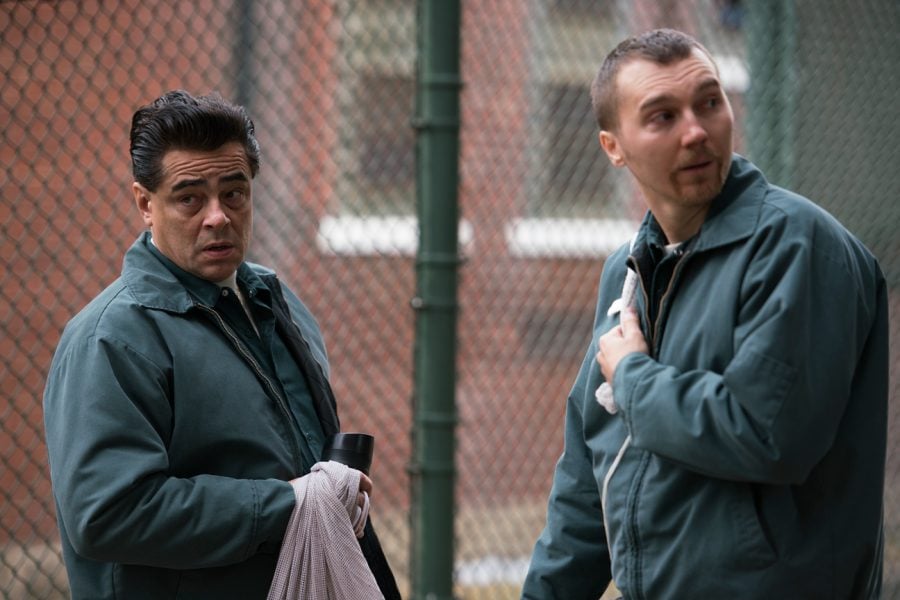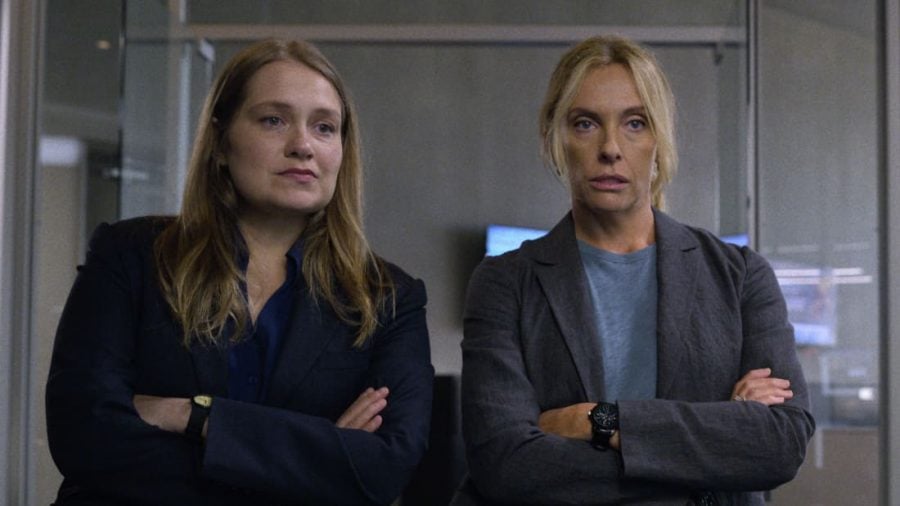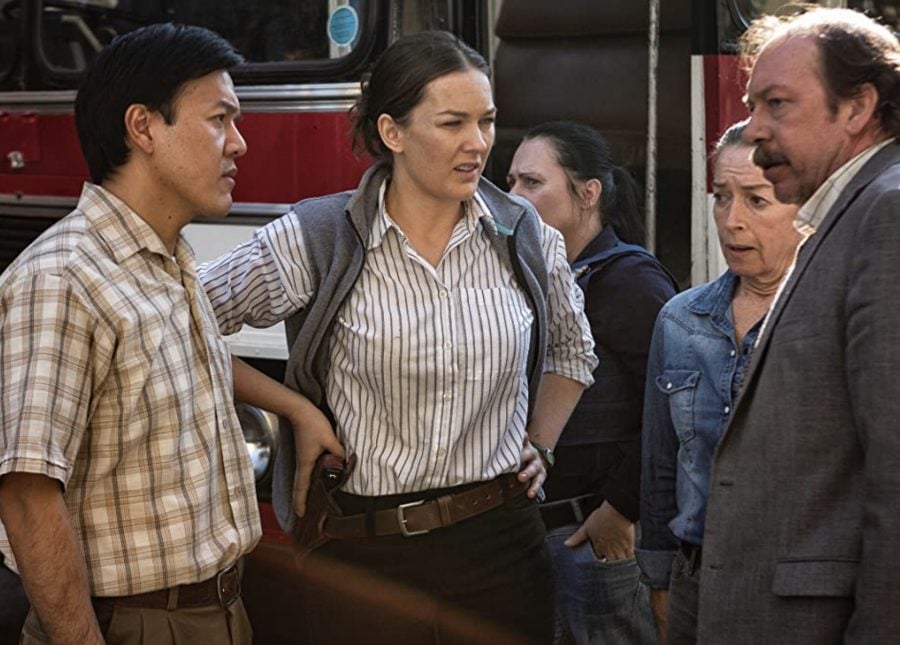The Fall of the House of Usher

7.8
TV Show
TLDR
It’s an interesting mini-series. It’s just not Edgar Allan Poe.
What it's about
The take
The Fall of the House of Usher isn’t an exact one-to-one television adaptation of the titular short story. Instead, the original story from Edgar Allan Poe is used as a frame to introduce a whole Succession-like miniseries, with names and subplots coming from other stories from Poe. Because of this, fans of the author might feel disappointed at the lack of old gothic flair, as the story is set a whole century and a half after, and the tone shifts as the show shifts from character to character. However, Mike Flanagan’s whole ensemble still proves to be entertaining as the Usher family deals with sci-fi mishaps, internal sabotage, and a possible supernatural element haunting the whole brood.
What stands out
The Fall of the House of Usher is strange as a choice for a mini-series because the short story has to have enough content to fit eight one-hour episodes. To deal with this, showrunner Mike Flanagan had to mix in different subplots and characters from other Poe stories in some sort of Frankenstein conglomeration that can feel like a show. It’s a hard balance, and it makes the story’s gothic elements feel lost in the glitz and glamor of Perry’s drug-filled orgy, Camille’s PR spinning, Victorine’s sci-fi tech advancement, etc. However, Flanagan keeps the series grounded in the family’s patriarch, keeping the subplots framed on Roderick’s confession to Attorney Dupin. And as he makes his long-winded confession, Flanagan explores ideas like PR, pharma, and intellectual property, all ideas that the wealthy play with.
Appears on
Read also
Comments
Your comment
UP NEXT
UP NEXT
UP NEXT
Curated by humans, not algorithms.

© 2025 agoodmovietowatch, all rights reserved.

